Training Courses
Our Training Approach to Wellness

Our view of human capital development, sustaining that growth and then activating flourishment is an integrated action-learning model by Dr Mark with two key human activities-goals of knowledge and wisdom that provides the client (person, couple, team, organization) with new insight and a broader-realistic way forward. We conduct training by way of presentations, small group work, break-out sessions, lunch and learns, walk and talks, online and or in person to stimulate curiosity and learning. At Centre for Stress Management we integrate the neuroscience perspective called "knowing" - in other words - "I went to a training course and I know a few new things and better remember few older things." There is value here from a short-term perspective of acquiring new knowledge and recalling old knowledge (better) if you will, but it then begs a more critical business-minded question in today's short-minded/daily business cycle: So now what? The answer lies in what differentiates our training courses and programs from others by way of the neuroscience of "wisdom." In short, our action learning by way of knowledge and wisdom embedded in our training courses and programs is active in restoring, sustaining and enhancing each client's state of lifelong learning as a well-being habit for greater work and personal life performance.
Knowledge is the learning of something in a new day and/or recalling something accurately from yesterday. Wisdom is the understanding of how that knowledge can best serve the well-being of a person (living and maintaining a healthy personal life) and the well-being of an organization (sustaining and growing a successful business life).
We do not see training as an event, but instead, an investment by the person or an organization to a continuous process of quality improvement. From a business perspective, the training will approach the processes of knowledge and wisdom to help organizations "grow bigger, become better, add more value and/or develop something new." In other words, "we will." From a human capital perspective, the training will integrate the processes of knowledge and wisdom to empower individuals to "enhance resilience, strengthen competencies, grow their character strengths, and create well-being habits." In other words, "I can." With a mindset of "I Can" (the individual's brain) and an organization culture of "We Will" (the company brain), the way forward becomes (more) understandable, believable and actionable. But the universal hurdle (the common denominator) we have seen in our 40 years of being part and/or witnessing individual and organizational change after counselling, training, coaching or professional development processes resides in the most instinctual part of our brains: learning. There are numerous models and theories about learning, our approach ensures that the three fundamental elements of higher learning are present in our training services: Cognitive Learning (focus on attention and memory), Emotional Learning (focus on motivations and mood regulations), and Behavioral Learning (focus on collaboration and patterns). In short, we make sure we understand the what (cognitive), the how (behavioral), and the feelings (emotional) of each client with the training at hand.
If you desire to learn more on how we can unfold your knowledge and wisdom, please feel free to reach and connect with us to better understand how we can unleash a flourish "vibe" in your work and personal lives. We trust you will find the corresponding pages informative, realistic, action-oriented and evidence-based approaches on how training develops being well (healthy person creates a healthier company and a happier home) and living well (positive well-being habits by a person leads to a more resilient and optimistic organization) sense of being. Should you have any further questions, please feel free to contact us on info@stresshk.com
Our Training Model - MINDING
Training (as well as counselling, coaching and consulting) and the neurosciences are at a new intersection of developing i) dynamic ways of how to acquire new knowledge and create wisdom, ii) expanding our perspectives on a challenge and solution, iii) the interactions of emotions and cognitions that develop, sustain and grow new well-being behaviors, iv) how aspirations (the types of goals) and motivations (the type of desires to pursue the goals) support human growth, and v) understanding the value of failure, pain and disappointment actually facilitate, not hinder, flourishing for all persons in life. Concurrently with our fusion of neurosciences and training, the Centre for Stress Management also applies the neuroscience of learning (what types of learning is our client capable of as well as what type have they typically used) and memory (working and long-term memory) to ensure that all types of training allow the client to experience: meaning (acquiring a deeper knowledge on the subject), purpose (how to apply that deeper knowledge at work or home), and permanent memory (how the learning that transfer into working and long-term memory become an automatic - reflective core competency).
Dr Mark's over 40 years of training, lecturing, teaching and clinical supervision ensures each and every client understands their blockages to training that often times masks the true potential of a person. One challenge we discover with our clients in training is the pattern or habit of "mind wandering." This type of brain-mind activity usually arises because of performance stress that lingers inside a person's thoughts when attending a training session either consciously and or sub-consciously. The wandering brain can reduce the effectiveness of learning, memory and recall activities, hence, each client is also taught various mindful and focus exercises to enhance the training experience. Secondly, many clients who successfully complete a training experience often times do not adjust their self-image with their deeper knowledge and or new work-life skills. In other words, many clients who gain new competencies and or strengthen current skills do not reset their professional and personal image that matches their new self-worth. This in turn can cause a lack of growth in self-confidence ("I know it better now but can I really do it?") which in turn impacts our thoughts and feelings about our self in professional and public settings. Thus, all types of training also focus on teaching and growing our client's self-confidence as their deeper knowledge and new competencies grow.
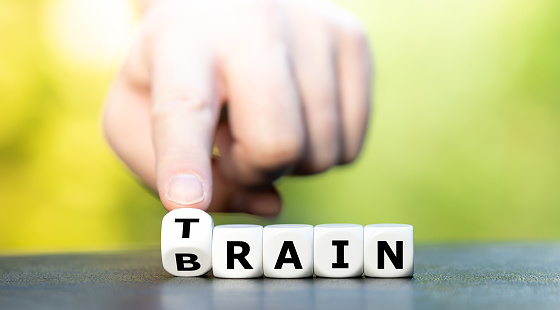
Second Skilling
Second Skilling, what we call developing and sustaining new skills or competencies, is for both our personal (outside of work) and professional lives (with our craft). There are times that our second skilling will develop new competencies that benefit both our home and work lives, such as negotiating skills and or conflict management skills. But we also develop new specific skills for the workplace and new specific skills for the home environment that enhance a client's sense of competence and confidence. Furthermore, second skilling for our professional lives can be focused on the current type of employment a person is performing (e.g. employee coaching for a new human resource manager), or, we also train our clients to develop new competencies for a future role or career they desire (e.g. creativity for the financial controller who desires to become a screen writer). We have developed a five step process with our Second Skilling training that ensures the new skills one acquires not only "sticks," but those new skills also encourage lifelong developing and fine-tuning. Those five stages include: getting familiar, getting to understand it, now knowing it, then teaching it, and strengthening it.
Knowledge Stacking
Knowledge Stacking, what we call strengthening and expanding our skills or competencies, is part of how we encourage lifelong mastery and wisdom with our core competencies. Many of our clients come to us for training to take the current level of skills and expertise they posses at work (or home) and engage in training with Dr Mark to experience a deeper dive on the what is gold standard for that skill level today to go from good to great. Many learning activities are undertaken here, including the review of best practices, emerging thought leadership themes on growing personal and work success, and how making mistakes (missing the target) is one of the key sources for deeper knowledge. Concurrently, our clients further develop knowledge and insights on how their basic emotional intelligence (EQ) can grow by better understanding among many themes self-love (the daily lifestyle behaviors that strengthen our grit) and self-compassion (the regular patterns of how we talk to our self in stressful and challenging times to prevent fatigue and burnout). The Knowledge Stacking activities help clients define their "Big 5" competencies that allow their personal and professional lives to create value for their work and well-being for their personal lives.
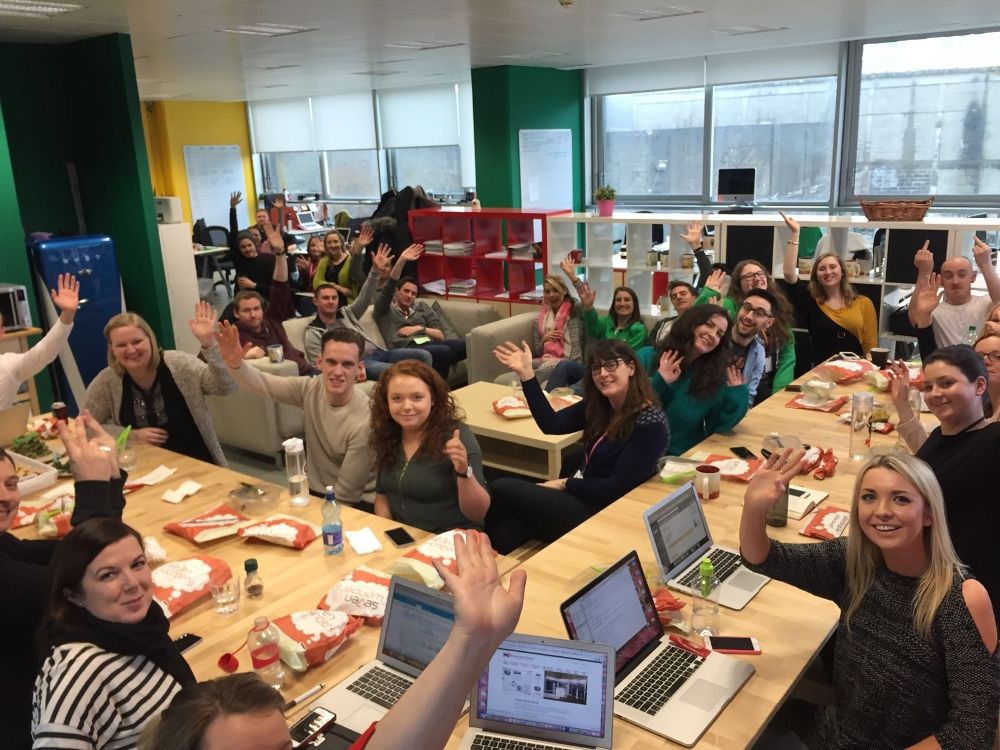
Lunch and Learn
Our Lunch and Learn human capital, team and organizational development sessions are mission and topic focused, interactive group think, and with a desired outcome around good food to empower a company to go from good to better (flourishing).
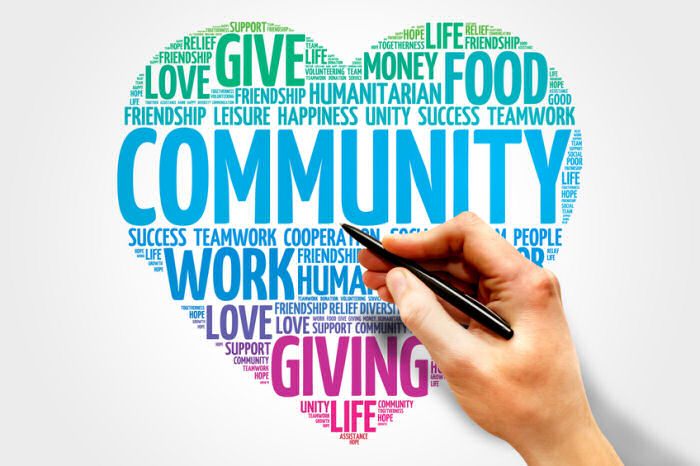
Community Outreach
Embedded in our corporate social responsibility values as a good neighbor, we frequently deliver pro-bono public speaking events and other services with a goal to develop resilient emotional intelligence and well-being life skills.
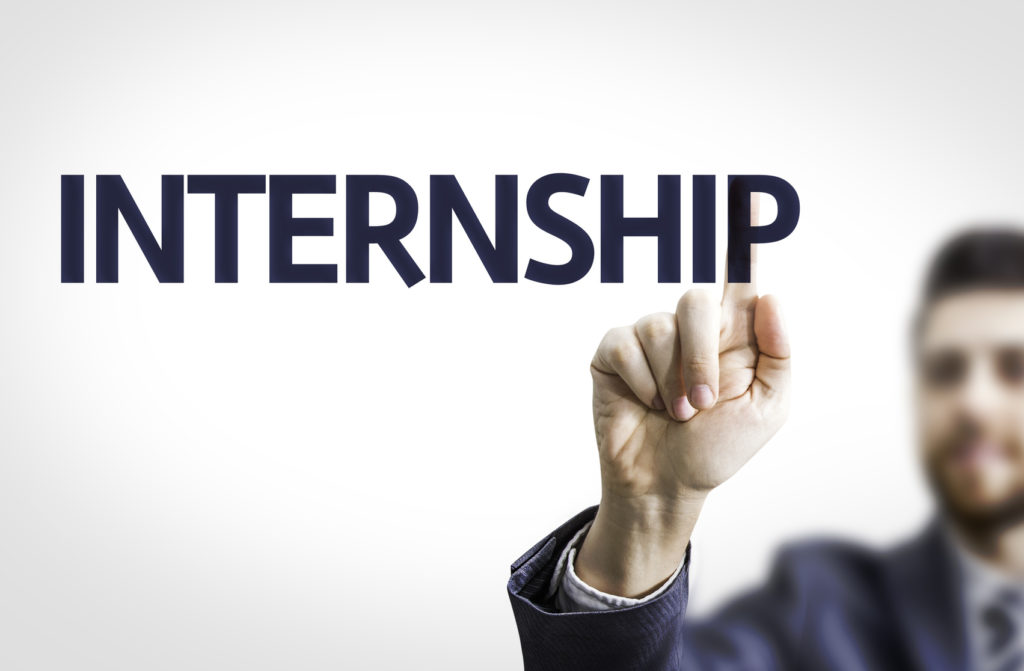
Internship Placements
Our Internship Placement programs is in collaboration with regional and international universities for psychology, counselling, business and management students to become an integrated team member in research and skills development.
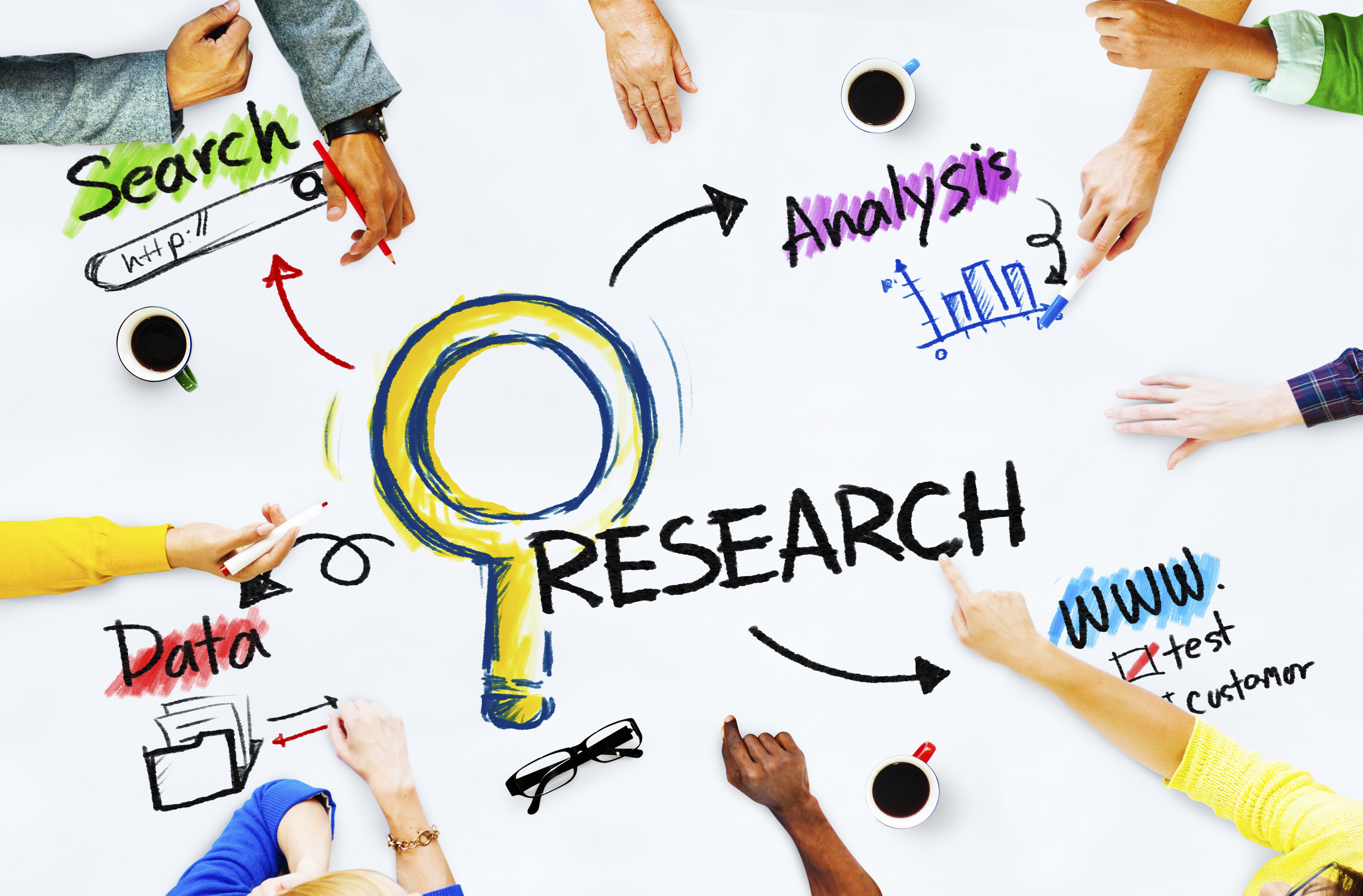
Well-being Research
Our research is in collaboration with global and local universities, think tanks, businesses and organizations that have a vested interest in the development and implementation of well-being programs for the school and business communities.